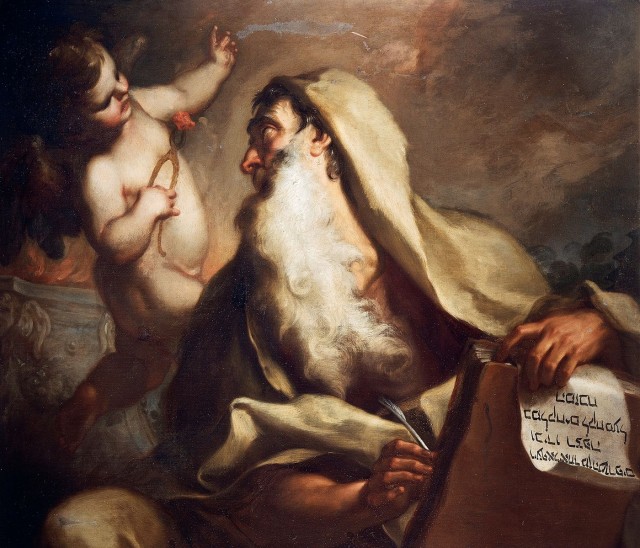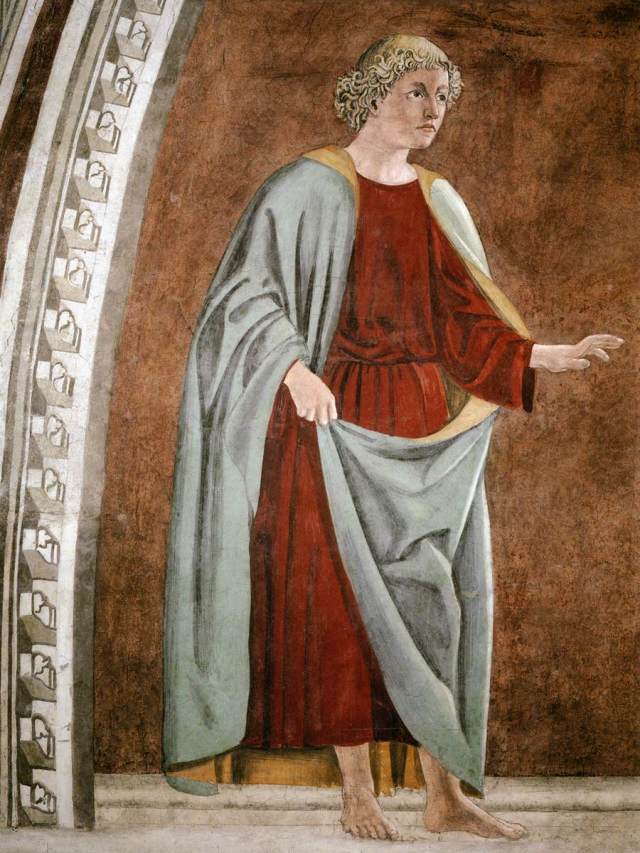I’ve always read the King James Version (KJV) of the Bible — mainly because it’s the one used by LDS church. And I guess you could say that the KJV has a beautiful voice — in an ancient cadence kind-of-way, but it doesn’t hurt to look at other translations. In fact, it is helpful. Especially for the Book of Isaiah.
Other ancient texts have come forth since the ones used for the 1611 King James version — texts and Hebrew scholars more adept at translation. And Joseph Smith believed the Bible to be the word of God as far as it was translated correctly. He hired a Hebrew teacher for the School of the Prophets. Joseph wanted more…
You may say that only the King James version is “authorized” — and we shouldn’t look at other translations. I found an interesting article about Modern English Bible Translations, by Gaye Strathearn, an associate professor of ancient scripture at BYU.
The Prophet Joseph Smith himself engaged in a “new translation” of the KJV,
and Brigham Young declared,
“If [the Bible] be translated incorrectly, and there is a scholar on the earth who professes to be a Christian, and he can translate it any better than King James’s translators did it, he is under obligation to do so, or the curse is upon him. If I understood Greek and Hebrew as some may profess to do, and I knew the Bible was not correctly translated, I should feel myself bound by the law of justice to the inhabitants of the earth to translate that which is incorrect and give it just as it was spoken anciently. Is that proper? Yes, I would be under obligation to do it.” (Brigham Young, in Journal of Discourses, 26 vols. (London: Latter-day Saints’ Book Depot, 1854–86), 14:226–27, in Srathearn).
Another reason we should be open to other translations: King James gave the translators instructions “to guarantee that the new version would conform to the ecclesiology and reflect the episcopal structure of the Church of England and its belief in an ordained clergy.” ref King James “authorized” the text for the Church of England.
Which leads me to the translation of Isaiah by Avraham Gileadi. I first read it in 1989 when my husband and I attended a few classes taught by Gileadi. Since then I’ve read his book, Isaiah Decoded which opened my understanding of the ladder to heaven and made sense of my descents into trials. I’m taking a seminar from Avraham on Thursday evenings about how the visions and near-death experiences of people like Spencer (Visions of Glory) are supported in the writings of Isaiah.
Last week he explained the proxy savior roles of the 144,000. These are translated people, both men and women, who become much like Moses, having power over the elements, and a love for the people to whom they minister and bring into Zion. Translated beings have suffered in this mortal life as part of the preparation for their calling. That suffering element can create compassion for others. Or make you bitter. You can go either way. Christ is the great example. In Visions of Glory, Spencer goes through extreme trials and then becomes translated, which is the level of a seraph. Isaiah too was translated, and I wondered why he suffered a mortal death, being sawn in half — but he chose to give up his life to death.
After I read Visions of Glory, I thought I wanted to be among those translated beings. And although I have known about calling and election made sure for at least 30 years, I become entangled in the things of the world all too easily. Or the life of raising kids and paying bills and going bankrupt and experiencing sickness and forgetting that all of this is good. All of these trials are good. Because you only get that kind of translated life through the descents of life –that refiner’s fire. I love the product, the gold, but the process of getting it pure is long and laborious.
Avraham encourages us to read Isaiah, to search the text as a whole and not prooftext it. Instead, discover how Isaiah the prophet uses certain key words throughout the whole text. We really can’t neglect the words of Isaiah. Jesus calls Isaiah’s words “great” and tells us to search them diligently (3 Nephi 23:1). Moroni admonishes us “search the prophecies of Isaiah” (Mormon 8:23).
Isaiah is an apocalyptic book about the end times. It’s time to understand his writings. I highly recommend you turn to Avraham Gileadi’s translation.
“Dr. Gileadi’s work will render obsolete almost all the speculations of Isaiah scholars over the last one hundred years, enabling scholarship to proceed along an entirely new line, opening new avenues of approach for others to follow”—Professor Roland K. Harrison, Wycliffe College, Toronto, Canada.
“Only one who is truly at home not only with the Hebrew but with the ancient manner of biblical thought could have produced such an insightful and ground-breaking book”—Professor S. Douglas Waterhouse, Andrews University, Berrien Springs, Michigan.
“Dr. Gileadi has achieved a major breakthrough in the investigation of a book of such complexity and importance as the Book of Isaiah”—Professor David Noel Freedman, University of Michigan, Ann Arbor, Michigan.
“Dr. Gileadi has clearly demonstrated his mastery of the Book of Isaiah and of the scholarly literature dealing with it”—Professor Ronald Youngblood, Bethel Theological Seminary, San Diego, California.
“Dr. Gileadi is the only LDS scholar I know of who is thoroughly competent to teach the words of Isaiah… It gives the reader a sense of intimacy with Isaiah which is unique. The discussion is stimulating and thought-provoking. The work…is not controversial and inspires reflection rather than contention. Above aoo it leads the reader into a spiritual state of mind that brings Isaiah to life. “—Professor Hugh Nibley, Brigham Young University, Provo, Utah. (1. 6. 2003)
The Book of Isaiah Analytical Translation with Comprehensive Concordance is found on Amazon. Avraham Gileadi used the Masoretic Text for his translation and the text includes footnotes from alternative translations from the Dead Sea Isaiah Scroll and the Greek Septuagint version of the Old Testament. You can also find the text online.
I find it interesting that so few Mormons know about this translation, or have even studied it. But it’s so accessible. Once someone points you in the direction — then it is up to you to seek and study it. Avraham Gileadi is that someone.
For other parts of the Bible, I have been recently looking at the New Standard Revised version. But I always go to Gileadi for Isaiah.


